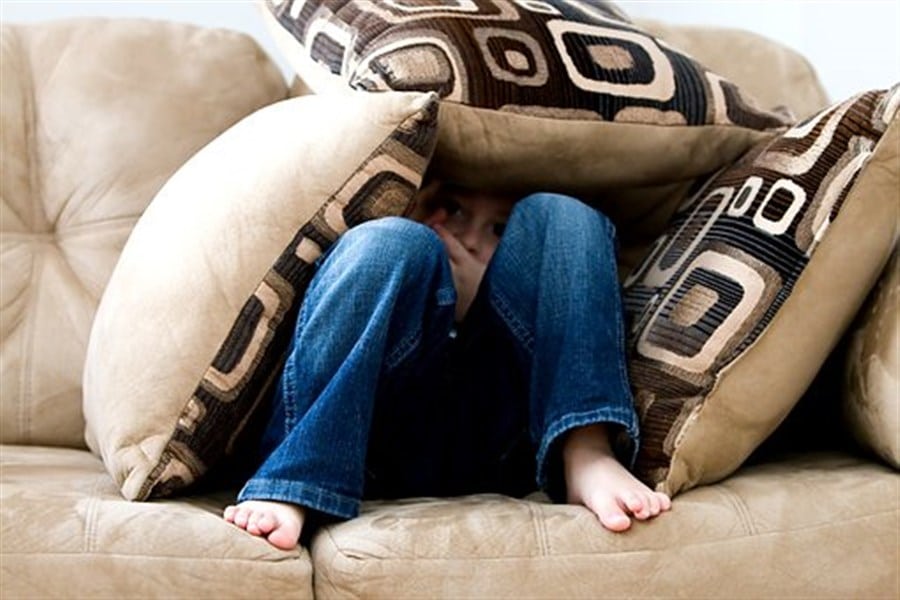Does Hypnotherapy Work for Depression and Anxiety?





Anxiety and Depression Solutions with Clinical Hypnotherapy
An anxiety attack is a natural part of life; it has no specific cause, it doesn’t mean anything is wrong. This part of life is a normal part of what you do when faced with unknown panic or anxiety, and this has nothing to do with mental illness.
Anxiety attack is a phrase that people are often confused about, especially when they use it out of fear and when it is used to describe what happens when they aren’t being treated for anxiety.
Feel anxious when you are not stressed? Can you identify ways that you’d normally be prone to anxiety-prone activities? If you believe you experience this symptom(s), see if the person around you can help demonstrate just how you react to stress.
Feel anxious or stressed when dealing with a stressful event? Try out different strategies for coping instead of stress-inducing actions. Try being more assertive or find ways to make life easier—but don’t think of it as fighting an adversary that you cannot overcome.
It’s not always that clear, but the key to determining if you have issues dealing with anxiety is just to ask your friends. Talk to them about their experience and ask them about those you know or of whose friends they’re close. They’re your friends and they’re probably feeling the same way you are. You may find it easy to relate to them since both of you have gone through this type of experience, but you’re both different and may feel very alone.
If you feel isolated and hopeless, you may be at risk for the same things that make a person with stress-inducing anxiety so vulnerable. This article will help you understand them better through empirical research using clinical hypnotherapy for anxiety and depression. By working with a professional, you will be able to identify and learn to recognize these feelings before you get into uncomfortable situations.
Hypnotherapy for Anxiety and Depression with Infertility Patients
The World Health Organization defines infertility as the inability for a couple to get pregnant after being unsuccessful at a consistent twelve-month period.
One of the main risks of infertility is pregnancy loss. In the United States, pregnancy loss is estimated to account for more than one-third of the 1.9 million pregnancies annually. A quarter of all infertile women may not have known they were infertile before they became pregnant.
Some women seek medication to alleviate symptoms but that may not be the solution to their problems. For example, women should contact doctors to make a decision about fertility medication as their condition progresses.
If a man is suffering from a medical condition he can seek medical treatment from a health care professional to help him with the condition, as well as with the infertility problem. While all medications can be effective over time for an individual with infertility, some medications or medications may not help treat the disease.
When is the Best Time to Consider Hypnotherapy for Anxiety and Panic Attacks?
The mindfulness-based hypnotherapy intervention is not meant to be done while depressed or on antidepressant medication. In addition to these three randomized controlled trials, two experimental studies were evaluated, one by a mindfulness-based group with a clinical hypnotherapy facilitator, one by the placebo group.
Women in this randomized control study took weekly sessions for over a ten-week period to determine whether the mind-based intervention would prove fruitful for dealing with their anxiety and associated depression after going through long periods of infertility. The study determined that women using mindfulness-based intervention found that those who had greater exposure to MBI were less depressed than the control group.
Due to the heterogeneity of the participants in this study, researchers felt there were many limitations and that further research should be used with a more homogeneous group. Also, the future participants should be tested separately to isolate successes/failures with regards to depression, anxiety and the impact on the relationships with their partners.


Hypnosis to Reduce Stress Anxiety with Urban Middle-Schoolers
One recent study involving over three-hundred adolescents with depression, anxiety or eating disorders found that mindfulness training improved self-affirmation and social functioning by promoting mindfulness-based coping originally introduced by professional hypnosis instruction. The mindfulness training with these students decreased depressive symptoms and increased the positive affect associated with coping with stress among the group of adolescents with a history of depression.
The randomized-controlled trials used a combination of teaching along with interactive instruction with the students. The lower levels of negative feelings toward school combined with a drop in the depression made the study a success versus those in the control group. It is also important to note that there was a signification intention to identify cultural and developmental areas of each child’s development in order to maximize the intended positive outcome. Parents were also allowed to take part in the study so that the children would also receive positive and consistent reinforcement while away from school.
Additional takeaways from this study were the relative cost associated with the hands-on treatment with the students. As a result, researchers also attempted to introduce electronic resources in which students could self-administer mindfulness-based sessions whenever the need arose. Unfortunately, the electronic resources gave mixed results as to providing positive evidence after use by the students.
Even though the initial results were considered a success, researched concluded that additional research is necessary. Providing training to the professional staff in the disciplines of physicians, psychologists, and fellow teachers were encouraged so that additional hypnosis tools can be used to complement what was currently being used in the classroom.



